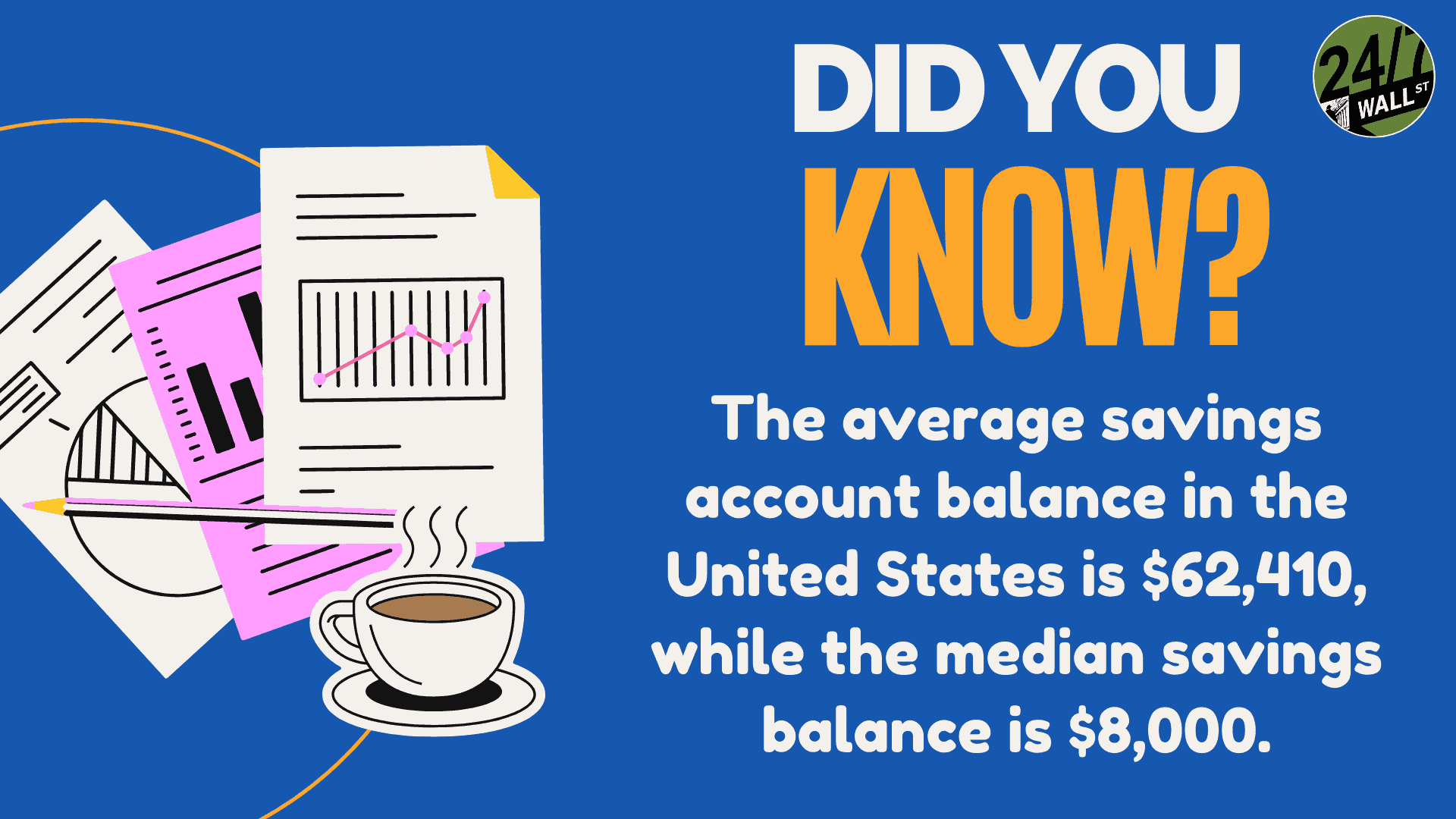Personal Finance
If you've been working for 10 years, this is how much you should have saved by now

Published:
Last Updated:

If you’re thinking about retiring, make sure you can do so peacefully.
Right now, half of Americans can’t.
In fact, about 57% of Americans say they’re behind on their retirement savings, as noted by Bankrate’s Retirement Savings Survey. About 35% say they’re significantly behind. “Only 15 percent of workers feel ahead of where they should be, including 9 percent who feel slightly ahead and 6 percent who feel significantly ahead. Another 22 percent feel they’re right on track with retirement savings,” they added.
But that doesn’t have to be your experience.
As most of you know, saving for retirement is important.
Ideally, you want to start as early as possible. Even just a small amount invested in your 20s can add up to a substantial amount of money by the time you reach your 60s. Even if you got a late start on saving, it’s never too late to start putting away money for your retirement.
Here are just a few ways to ensure you can retire.

If you can, set aside 10% of your salary into a “don’t touch” retirement account.
According to Fidelity, by the age of 30, have at least a year’s worth of salary saved. So, if you earn $80,000 by the age of 30, have at least $80,000 saved. By 40, have three times your salary saved. By 50, six times, by 60, eight times. By the age of 67, if you’re thinking of finally retiring, have at least 10 times your salary saved.
Or, if you have an employer that will match your 401(k), maximize it. If your employer contributes 5% of your pay to a retirement account, make sure you add 5%. If your employer contributes 3%, make sure you contribute 7%.
An IRA allows you to save for retirement with tax-free growth or on a tax-deferred basis.
You can invest in a traditional IRA, for example. While it’s best to check with your financial advisor, many times you can deduct contributions on your tax return. Plus, earnings can potentially grow tax-deferred until you withdraw funds in retirement.
There’s also the Roth IRA, where you make contributions with money you’ve already paid taxes on. With a Roth IRA, your money can grow tax-free with tax-free withdrawals. But again, check in with your financial advisor before doing anything.
Or, if you’re self-employed, look into the Solo 401(k), a variation of the 401(k) plan but specifically set up for those that work for themselves. For 2024, the IRS says you can contribute up to $69,000 with an additional catch-up contribution of $7,500 if you’re 50 or older.
You can also set up a SEP IRA, or a Simplified Employee Pension plan, which allows you to contribute up to $69,000 in 2024 or up to 25% of your net earnings.
Again, check in with your financial advisor. These ideas are just a fraction of the opportunities an advisor may be able to share with you.
Know when you want to retire: If you have a retirement age in mind, it’ll help you determine how long you have to put money away for the big day. It’ll also give you a dollar amount you should fight to save every year until then.
Know how much you may spend in retirement: Do you plan to travel? Do you plan to buy an expensive car, home, or maybe sit in a casino? Or, do you plan to just take it easy at home, and put money away for your children?
Know how much you expect to pull from retirement funds every year: The last thing you want to do is run out of money during retirement. To help, analysts recommend a 4% average withdrawal rate per year to make sure you will have enough cash on hand to live. While 4% is a widely accepted approach for many retirees, check in with your financial advisor.
Retirement planning doesn’t have to feel overwhelming. The key is finding expert guidance—and SmartAsset’s simple quiz makes it easier than ever for you to connect with a vetted financial advisor.
Here’s how it works:
Why wait? Start building the retirement you’ve always dreamed of. Click here to get started today!
Thank you for reading! Have some feedback for us?
Contact the 24/7 Wall St. editorial team.